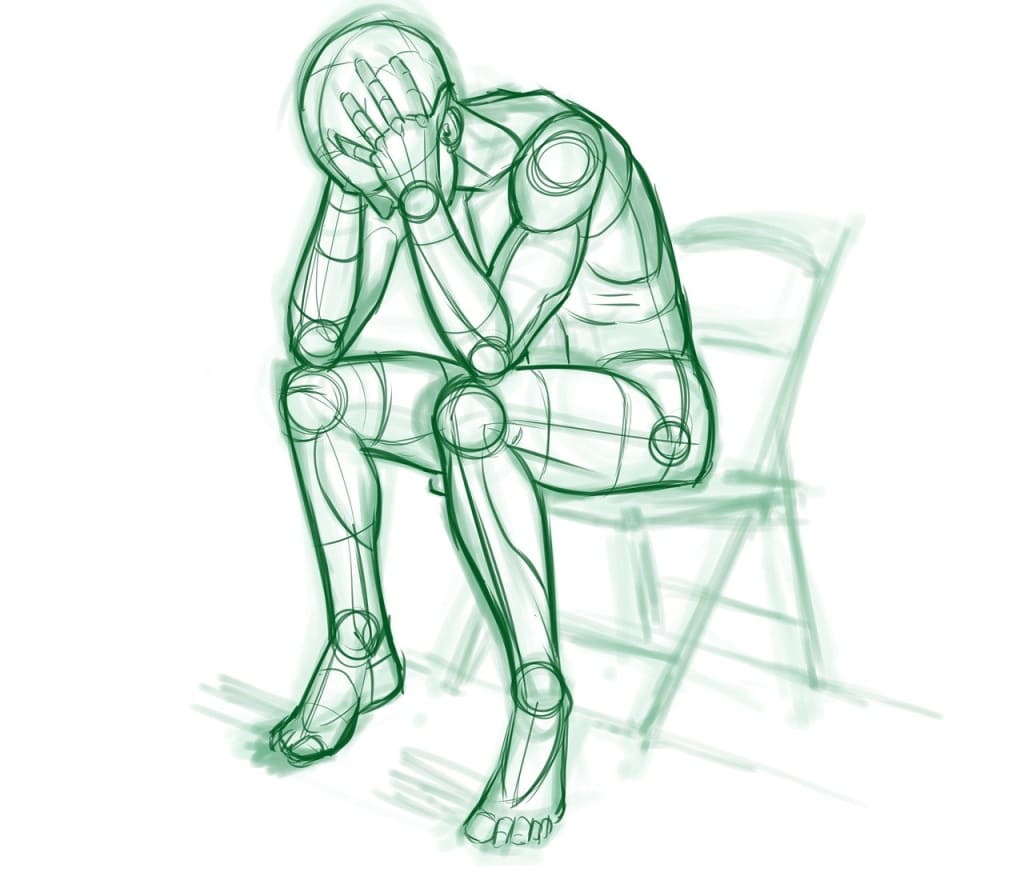Universal Basic Income could be the "social vaccine" against this crisis
With the right mindset, the crisis that we are facing now could be just a medical crisis.

Covid-19 is caused by a new type of coronavirus. We have been familiar with coronaviruses in humans since 1960 . Still, this coronavirus that we are facing right now is a new one, and does not respond to the old treatments we have identified as working until now. Therefore, we are facing a medical crisis of enormous magnitude because we lack the collective knowledge in dealing with such a virus. As a result, people suffer and some, unfortunately, die.
This medical crisis is doubled by an economic crisis. As well as with coronavirus, we have been familiar with economic crises for a while now. Still, this particular economic crisis is a new one, and will not respond to old “treatments” either.
In trying to tackle Covid-19, scientists and doctors are working to discover a new treatment that will save lives. Still, we do not see economists and policy makers working to discover new ways to solve this. Time and again, economists rely on the same economic mindset which finds its roots in old textbooks, which in turn are rooted in theories defined almost 200 years ago.
Every economic analysis you will read these days will tell you about an alarming drop in GDP growth. For decades, GDP growth has been used as the most important indicator of economic health. Continuous growing of the GDP has been the goal of every nation. Given the present medical and social crisis we are facing, such metric can’t still be the object of global attention. We must set a new goal, one that suits the difficult times we are living in.
But a new goal can’t be reached if we continue to limit our thinking into the same old pattern of economic paradigm put in place by people living hundreds of years before us, surrounded by contexts so much different than ours is today.
It has never been a better time to start implementing a universal basic income. We do not know how such a policy would shape society as a whole. We have never had a truly universal basic income anywhere on Earth.
What we do know for sure without a doubt is what happens to people suffering from an economic crisis of magnitudes similar to the one we are about to face right now, because we have been there before. We do know for sure that people will commit suicide as a result of debts and unemployment, because it happened after the financial crisis of 2008. We do know that people will become abusive and violent, because we have witnessed that before and we are witnessing it even now, at the very beginning of this particular crisis. We do know that people who suffer of a lack of basic resources to survive will commit crimes to get their needs fulfilled.
What we also know is that all the universal basic income experiments rolled out until now have seen a decrease in all the bad outcomes mentioned before. Every single one of the experiments, despite applied on a smaller scale, yielded spectacular results, empowering individuals, reducing crime, improving overall human condition.
So given the difference between our certainties and uncertainties, why don’t economists and policy makers don’t try, just as scientists do, to find a “vaccine” that could get us safe through this crisis? A social vaccine. A universal basic income could be just that. Of course, it should be combined carefully with measures which can assure we can manage the potential temporary downfalls created by any major change which happens within a society. Just as every money spent on vaccines avoids the spending of so much more on treatment, so could the spending on a social vaccine avoid the enormous losses generated by the lack of it. Poverty is expensive, but we are not wired to see costs this way.
When the term economics was first described, it was considered an art. Then it moved onto being a science. Still, very much different than a science, economics never seems to update its ways. This could be the best time for economists to start doing just that.
As Keynes said, “the difficulty lies not in the new ideas, but in the old ones which ramify, for those of us brought up as most of us have been, into every corner of our minds”. So let’s unlearn what we already know that keeps us stuck and start constructing a new economic paradigm. Let’s rethink economics and create the one that best serves humanity’s purpose.
At the end of this crisis, the world will still have all the natural resources we discovered until now, all the technology invented until now, all the know-how we acquired until now. The only “resource” we should be concerned about now is the human one. With the right mindset, this could only be a medical crisis.






Comments
There are no comments for this story
Be the first to respond and start the conversation.